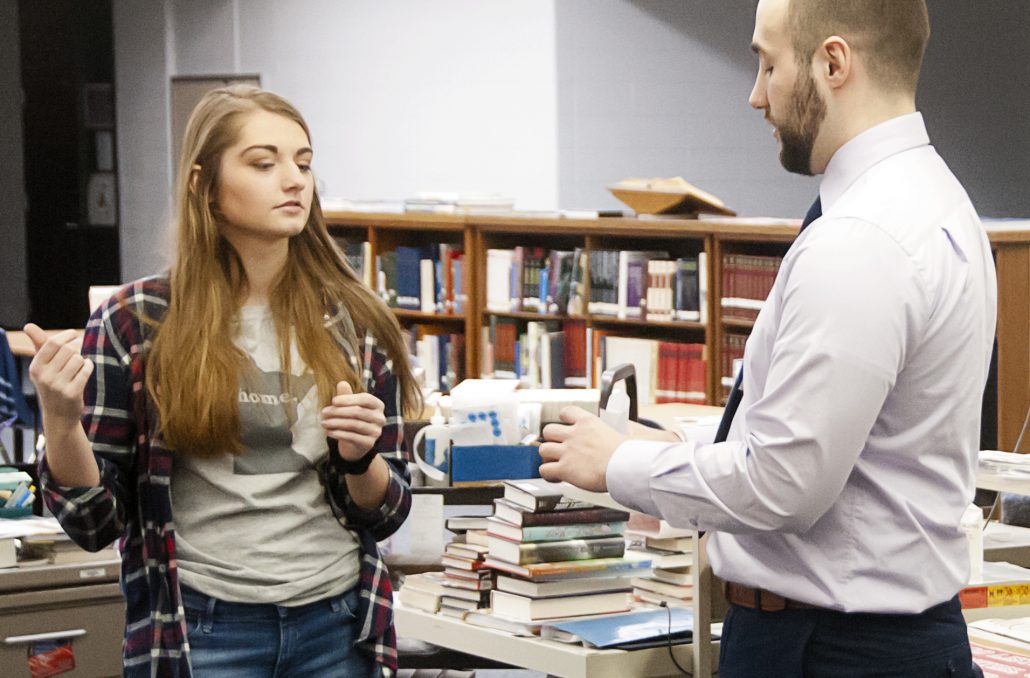
LYFT grant brings private pilot course to TAHS
By Per Peterson
More than a dozen high school students from the Tracy, Marshall, Slayton and Westbrook-Walnut Grove school districts found themselves in a science room at Tracy Area High School on Saturday, but they weren’t learning about the Periodic Table or the structure of a cell.
The students were taking part in the Tracy Aircraft Private Pilot Ground Course, which is being led by Certified Flight Instructor Reice Tiernan, who is working with David Algyer, owner of Tracy Aircraft. Tiernan graduates from South Dakota State University in Brookings, SD, in May.
Tracy Aircraft owner David Algyer knows there is a pilot shortage and hopes the class will open a new door for area students.
“This might give juniors and seniors something realistic if they want to get into aviation,” Algyer said. “All the retirees — they retire at 65 — so we will need more pilots.”
The flight school took off thanks to a Launch Your Future Today (LYFT) grant. LYFT is a rural career and technical education pathway initiative, launched last year with a legislative grant of $3 million, secured by the SWWC Service Cooperative. LYFT has supported Career and Technical Education (CTE) projects in nearly 40 high schools, increasing the number of students enrolled in shared CTE courses from 15 to over 500.
TAHS senior Kallie Benson has a strong interest in aviation and is taking the flight course as a refresher.
“I really like traveling and being in the air,” said Benson, who will attend SDSU in the fall for aviation. “I’m taking this again to refresh my memory. Hopefully I can pass it.”
Parents joined their children for the first class to learn about the course requirements and opportunities. The course involves seven to eight weeks of ground school, and the students will then get four hours of actual flying. There will also be flight simulation training. The grant helped to purchase the simulator, which will more than likely be stationed at the airport.
Basic aviation principles for the beginning aviator will be covered during the ground class. Those include: aerodynamics, basic aircraft systems, aircraft performance computations, weight and balance computations, meteorology, radio navigation and communcation techniques.
